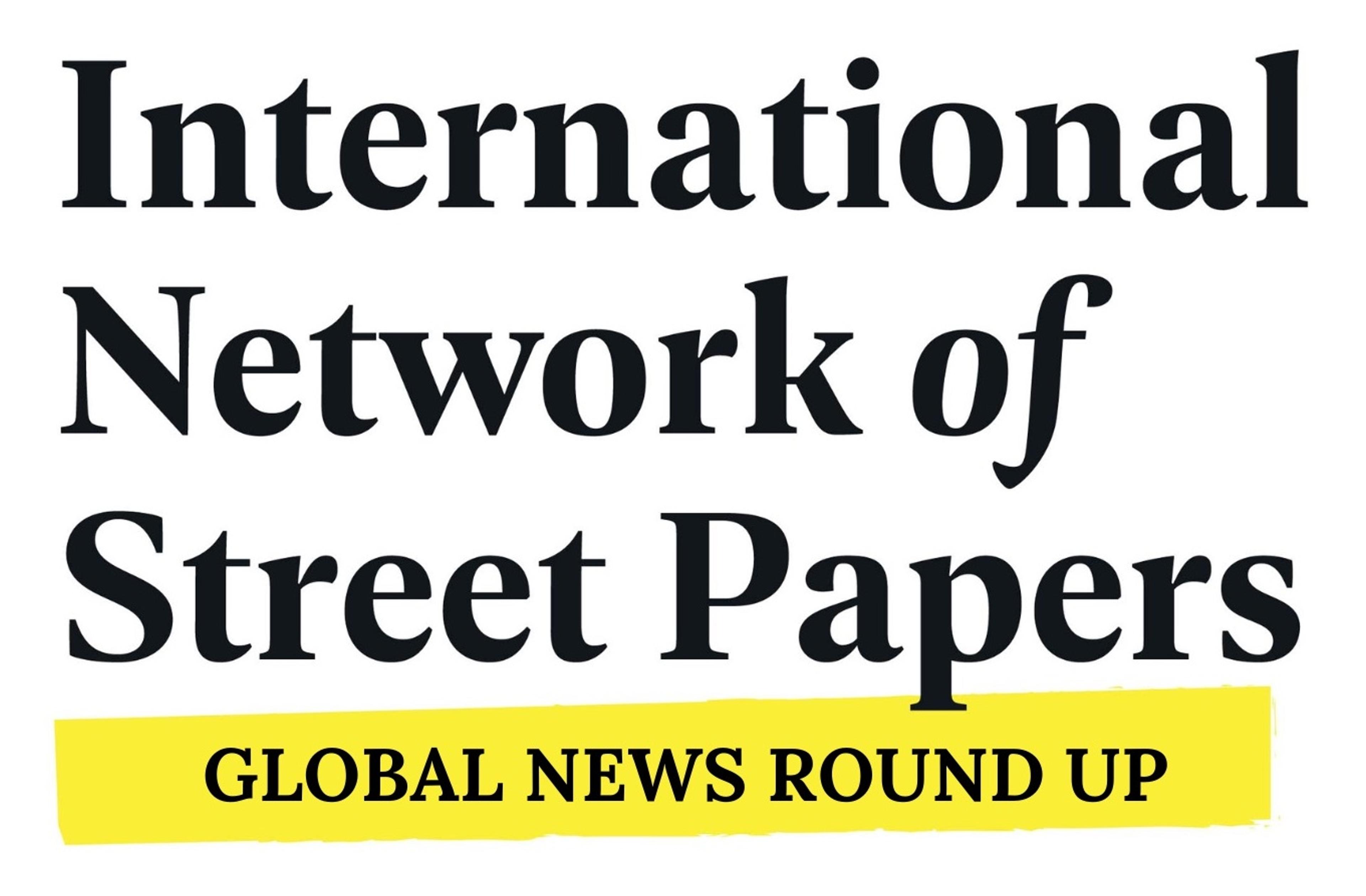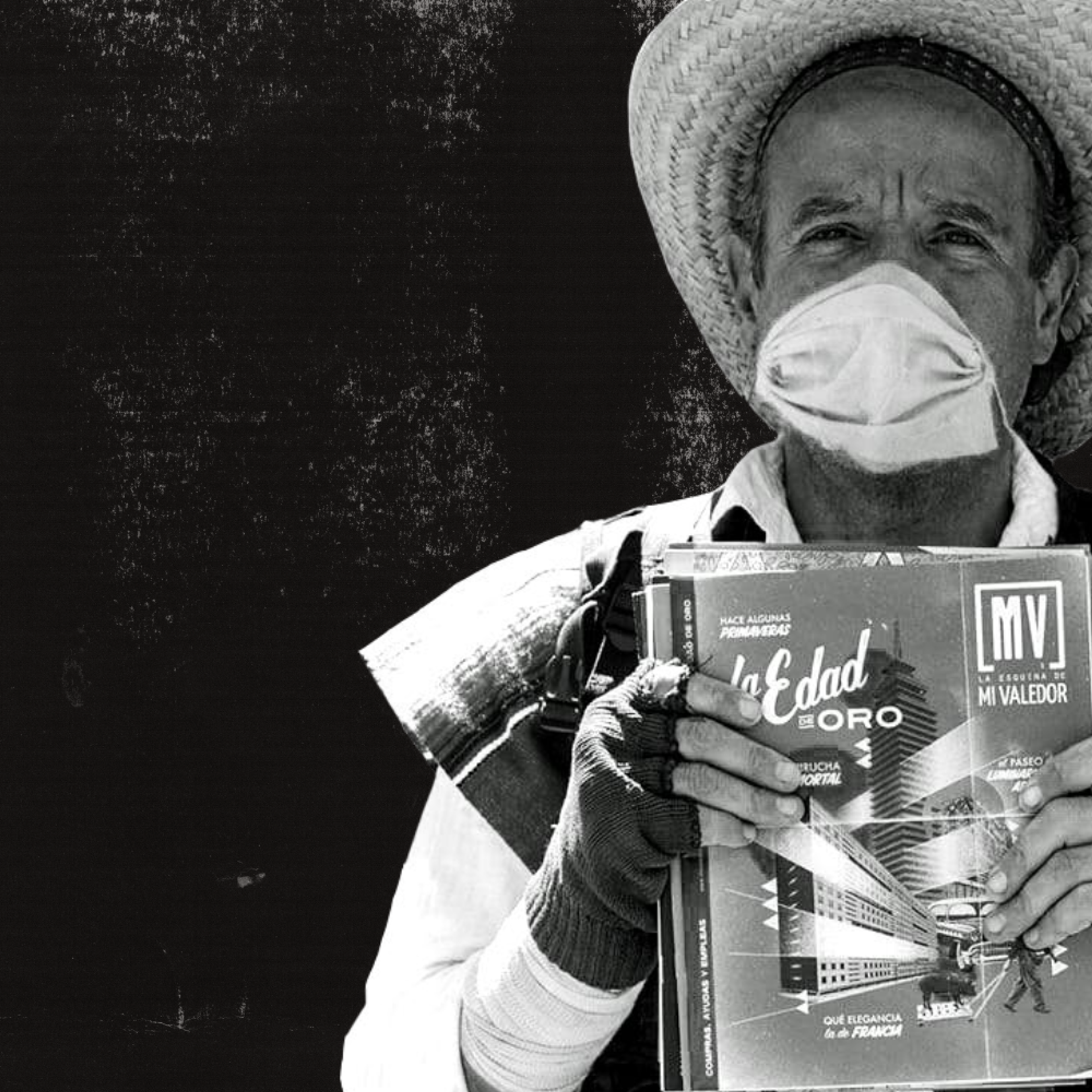Street papers in Brazil experienced “relief” after Luiz Inacio Lula da Silva – known as Lula – defeated far-right populist Jair Bolsonaro in a narrow runoff election to be the country’s president.
Lula’s victory means an end to Brazil’s most right-wing government in decades, with promises to protect the Amazon rainforest and represent even the country’s most marginalised.
“Our country was facing a surreal polarisation where people were building political thoughts of extremism, fascism, racism,” said Leandra De Fátima Da Silva Neiva, who sells Revista Traços, a street paper in Brazil. “Knowing our history, I know that Brazil can never go back to being a dictatorship, because it was decadent for the nation. We cannot go back.”
In Italy, Milan-based street paper Scarp de’tenis reported on the impacts of people experiencing poverty and the third sector who are at-risk of losing everything without structural aid from the government during Europe’s energy crisis.
The November edition of the publication ran a stark black cover with a headline that read: “All in the dark”.The cover comes on the heels of the country electing a far-right Prime Minister in September who is expected to cut support for the poor and crack down on the country’s migrant and refugee populations.
In the United States, results of elections determining who runs the Senate and House of Representatives remain up in the air, meaning a much-needed anticipated historic federal affordable housing package to support millions of people facing housing instability in the country remains up in the air.
In better news, dozens of local communities around the US had either tenant rights legislation or affordable housing initiatives on the ballot during the midterm elections. More than 90 per cent of the measures passed.
Backlash by local and statewide governments in response to rising street homelessness amidst an ongoing eviction and housing crisis in the US shows the cruel nature of American politics when it comes to addressing the poor.
Legislation in several American cities and states have made sleeping without a safe place to call home on public lands a crime with the possibility of jailtime. Vicky Batcher, a writer and vendor with The Contributor, the street paper in Nashville, called the laws devastating for people on the streets. “People will be forced to hide their existence just to avoid arrests,” she said. More than one million people experienced homelessness in the United States last year.




